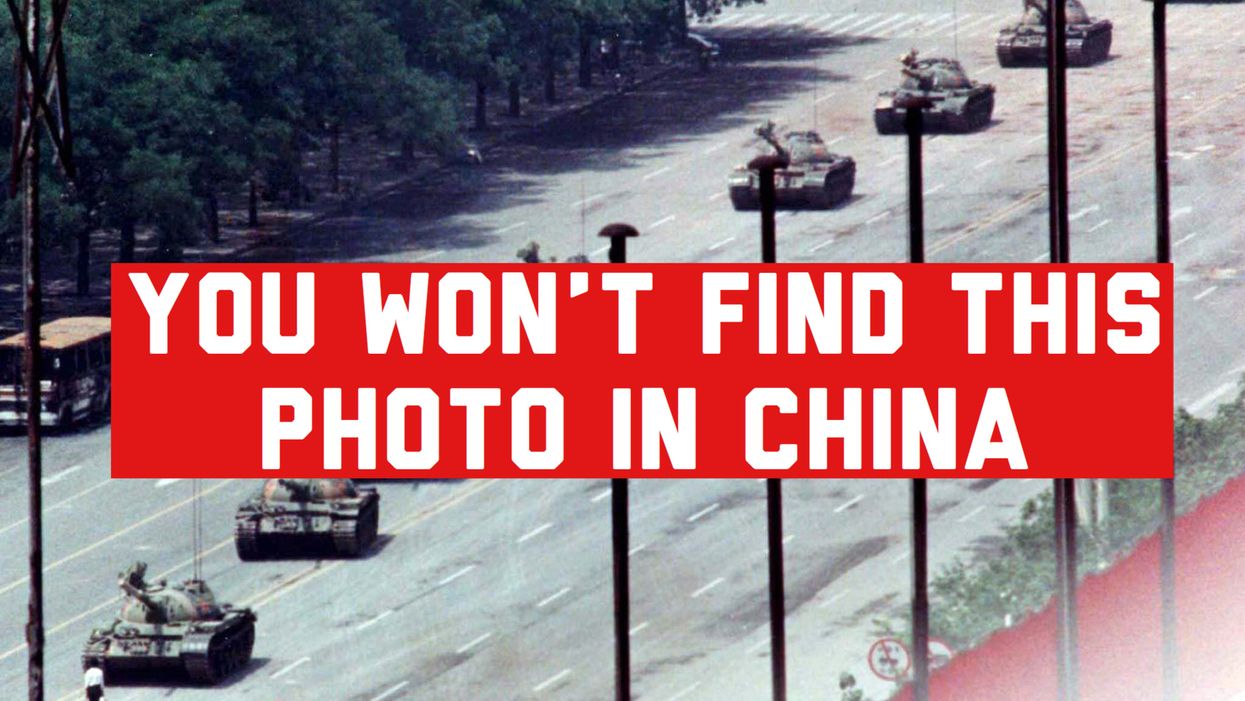Asia
The Battle for Control of Tiananmen
On Tuesday, many around the world will mark the 30-year anniversary of Beijing's Tiananmen Square occupation, a moment that changed China and the trajectory of world history. But, of course, the occasion will not be marked inside China, at least not publicly.
May 30, 2019

